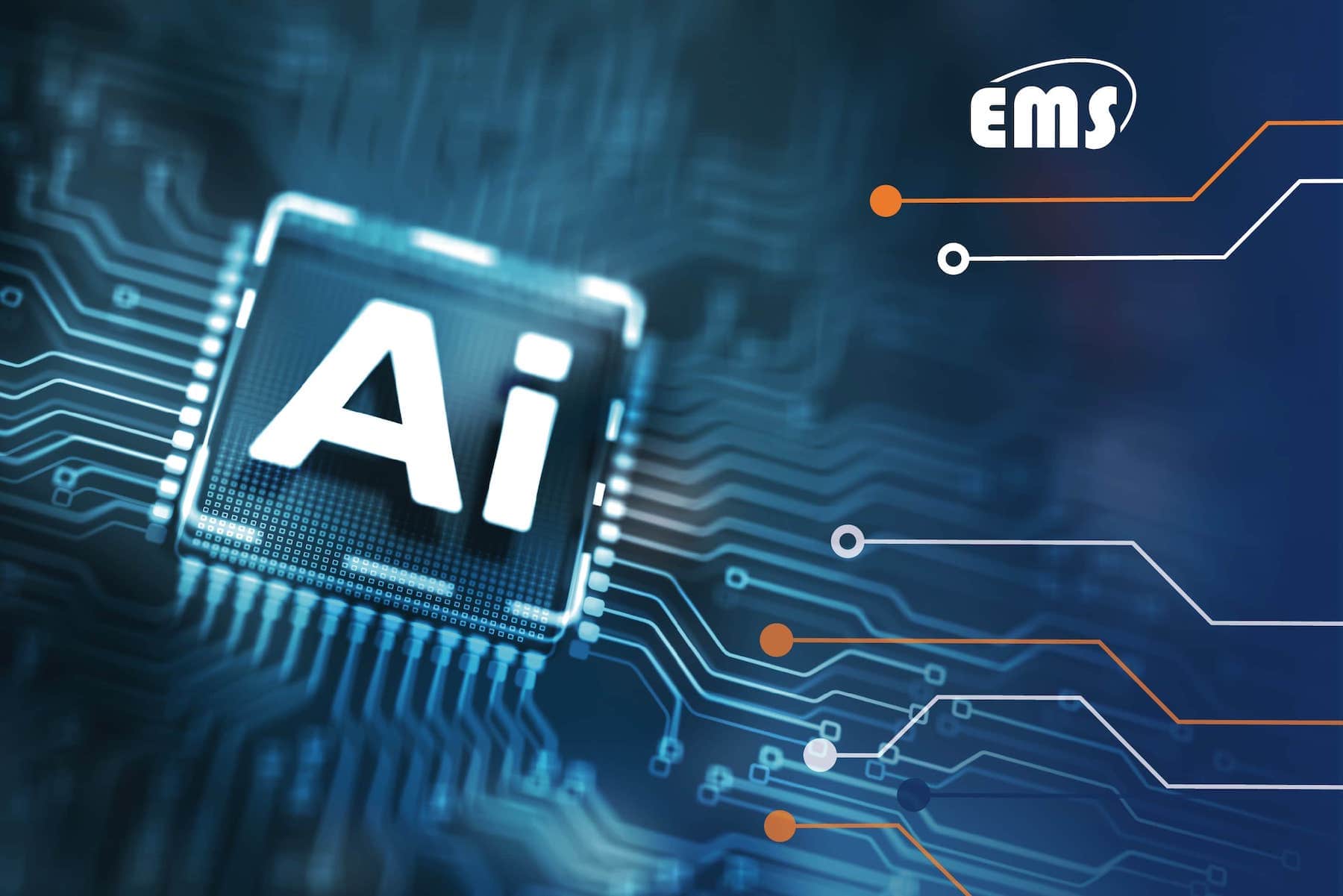13th Jun 2023
Is AI a Threat to Electronics Manufacturers?
Powered by innovation and the ability to quickly adapt to rising trends, the electronics manufacturing industry has been at the forefront of the artificial intelligence (AI) revolution for quite some time.
Manufacturing companies are now tapping into a wealth of new tools, processes and skill sets to optimise the electronics manufacturing process, boost innovation, improve quality and get to market faster. So, it’s no surprise that a recent study discovered the value of AI in the manufacturing industry is expected to surpass £13.4 billion ($16.7 billion) by 2026…
For some, these developments raise concerns about mass job losses, leading to questions about whether or not human capabilities will be needed as technologies become smarter by the minute…
But actually, instead of taking the jobs of electronics manufacturers, AI has the power to enhance and expand human skills — streamlining the workflow and helping businesses achieve more.
So, how is AI currently used in the industry, and what are the benefits for electronics manufacturers?
How is the electronics industry embracing AI?
Incorporating AI is high on the agenda for companies of all sizes, transforming businesses across both the industrial and consumer electronics segment — and here’s how…
Increasing productivity
Topping the list of priorities for most organisations is the desire to boost productivity and reduce costs. That’s where AI comes in.
AI technologies reduce the need for time-consuming manual tasks, allowing workers to delegate these jobs to autonomous solutions and freeing them up to focus on the more demanding aspects of their roles.
For example, digital twinning can harness 3D modelling to create digital companions for physical objects, allowing operators to view the status of the actual physical object in a digital platform.
For electronics manufacturers, this capability is excellent for prototyping, using the digital twin to test updates and changes before implementing it in the physical environment — helping to minimise downtime and save on costs.
Improving quality
Manufacturing companies build their reputation on the quality of their products, so performance reliability is key to continued success. Being able to quickly understand the root causes of different product issues, solve them and integrate those learnings is essential — and AI can drastically speed up this process.
As the complexity of products and operating conditions continues to increase, manufacturers may struggle to spot quality issues and identify solutions, especially as the inspection criteria for electronics have become so wide-ranging. But the use of smart cameras and related AI-enabled software is helping manufacturers achieve improved quality inspection (at higher speeds and with fewer costs) beyond the capabilities of human inspectors.
AI algorithms can anticipate likely failures by collecting operational data, offering predictive analysis and insight into future performance to reduce downtime and take the pressure off individual manufacturers.
Saving time on trial and error
You’ve probably heard about ChatGPT and how generative AI (algorithms used to create new content) is taking over marketing. But how can it be used for electronics manufacturing?
AI practitioners have created artificial data for printed circuit boards (PCBs) and defects with remarkable detail. Using this data to train AI technology can help with the detection of various PCB defects, such as surface-mount technology (SMT) and through-hole technology (THT) anomalies, through visual quality inspection (VQI) systems — leading to faster inspection times, rapid production of PCBs and a higher-quality product for the customer.
Generative design is also becoming more widely used in the industry — with AI algorithms creating thousands of design options based on parameters, such as materials, budget limitations and available production methods, to understand what design method works best for a particular project.
This technology does a lot of the legwork for electronics manufacturers, saving time on trial and error.
What does the future of AI look like for your business?
Like any emerging technology, integrating AI into the electronics manufacturing industry may come with its challenges. Companies will need to upskill their workforces for these new technical roles, and factories must prepare their teams for this new pace of advanced technology.
But electronics manufacturers that embrace AI will reap the rewards.
Even though AI is in its early stages, it’s clear that incorporating these technologies into the manufacturing process has many benefits — from design development and the production floor to strategies for identifying future market trends.
Working with AI, rather than being replaced by it, opens up never-ending, exciting possibilities for how electronic products are manufactured and the quality manufacturers can produce for their customers.
We’re on the cusp of a technological revolution. All electronics manufacturers have to do is get on board…
To learn more about EMS’ manufacturing solutions and how we’re using the latest technological developments to deliver our services, contact our team at 01635 588 871 or email sales@emsolutions.uk.com today.
Back to News
